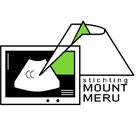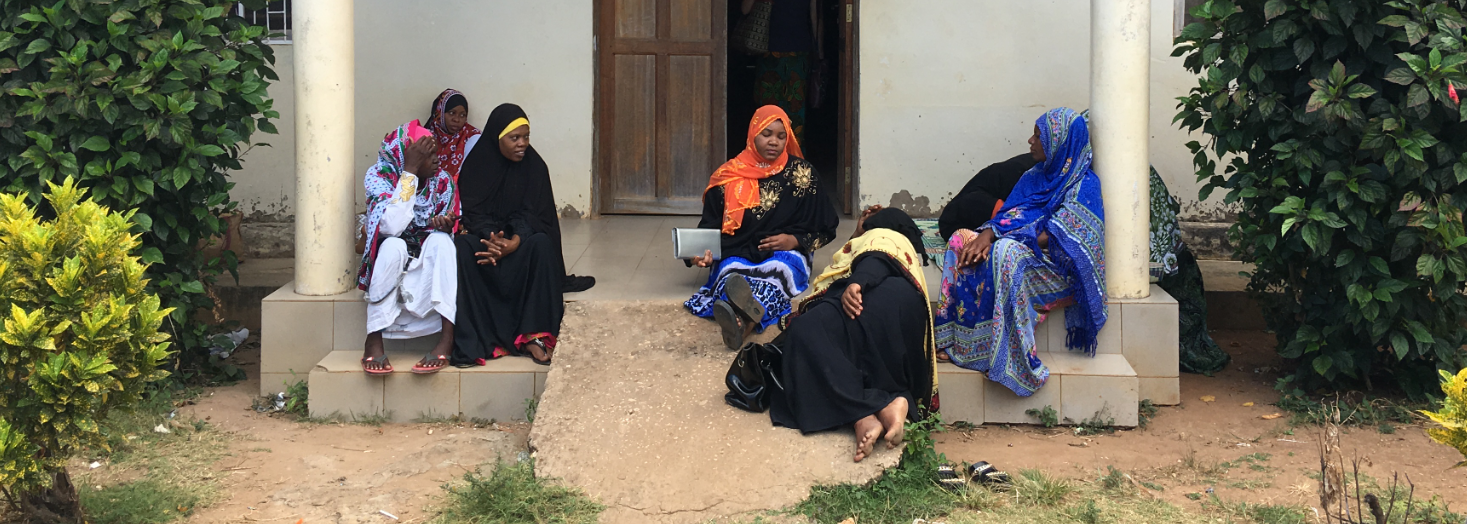improves mother and child care in Afrika

As we reported earlier, we want to carry out the Mobile Sonographer project in the outreach of Himo. The women there can benefit greatly from mobile ultrasound. We would like to explain why.
Arable farmers and cattle breeders mainly live in the outreach of Himo. They grow maize, bananas, beans, avocados, sugar cane, mangoes and coffee and keep goats, sheep and cows. The population consists of a mix of different tribes, including the nomadic living Maasai.
There are only a few paved roads in the area. Most of the roads are bad dirt roads that turn into mud puddles during the rainy season. In these areas there is often no mobile phone and no mobile internet available. The distance to health posts is great and the means of transport available are limited.
The risk of pregnancy complications in these areas is high. Due to the distance to health posts, there are usually no standard pregnancy checks. Women only report complications and often do so late.
Local health posts often lack the equipment to make diagnoses, which means that pregnant women often have to be referred to specialized centers. These are often at a great distance, the road to get there is a challenge and the necessary money is not always available. It is often too late before the necessary resources have been collected.
None of the 3 health centers and more than 30 health posts in the outreach of Himo currently offer pregnancy ultrasounds. There are no ultrasound machines available and no well-trained sonographers who could work with them. Pregnant women in more than 60 villages will therefore benefit from the mobile ultrasound program that the Mount Meru Foundation and the Himo Health Center want to set up!




